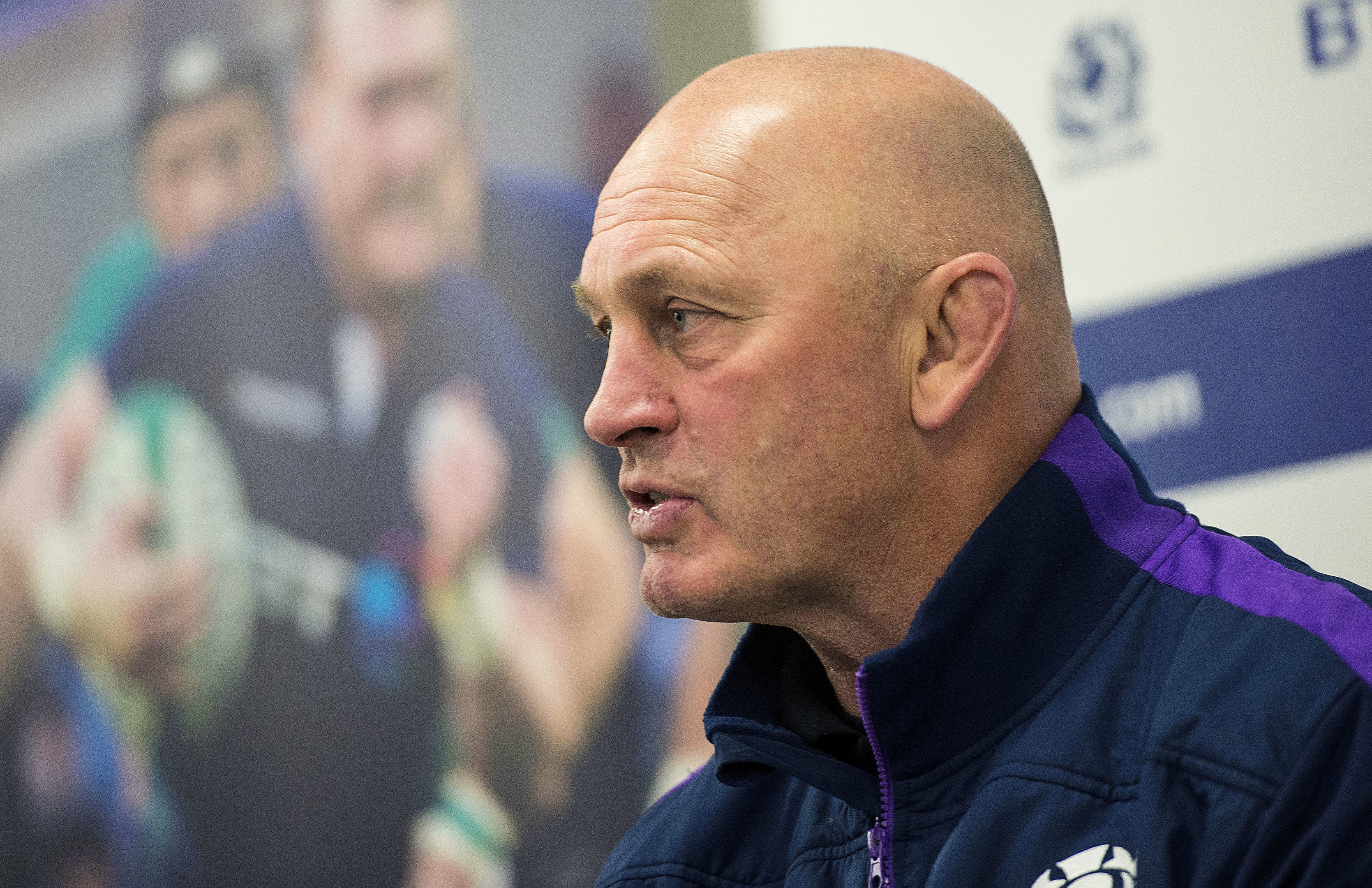He was never really the Stern Vern of Twitter jokes, but Vern Cotter’s first two years as head coach of Scotland did see him often guarded and reticent in public.
Not now, or at least, not until today’s result against Australia in the opening Autumn Test of 2016 is known. The New Zealander seems relaxed and almost affable, keen to go through his reasoning for selections, even with a joke or two.
This could be a lengthy demob fever, knowing he is eight games away from moving to Montpellier to become rugby’s highest-paid head coach and leaving Scotland to the man the SRU preferred, Gregor Townsend. The pressure, on the face of it, is off Cotter in this curiously long exit from the role.
Except really it isn’t. Cotter is set to be a lot more than a lame duck as coach of Scotland over the next eight games; he clearly sees it as imperative that he leaves Townsend a legacy of a truly competitive team. The coach’s manner is all that has changed, the determination to build and build certainly hasn’t.
Australia today, without the reassurance of his front row cornerstones Al Dickinson and WP Nel, may be a stretch for Scotland. But the curve is still upward, and there will be crucial miles on the clock of talented if inexperienced players like Zander Fagerson, Hamish Watson, Allan Dell and Huw Jones, if nothing else positive from today.
The coach certainly seems to have built a trust and understanding in the squad that not many of his predecessors have been able to do – certainly not the caretaker he succeeded. The three back row players are a case in point.
With recent Scotland coaches if a player was asked to “go back and work on aspects of his game” it was a sort of code for the player in question not being rated or considered in future by the boss. I’m pretty sure that’s what John Barclay thought prior to the Rugby World Cup when Cotter left him out.
However with both Barclay and Hamish Watson there’s been no code – those players went away and worked on aspects of their game, and Cotter has acknowledged their success in doing so and recalled them. Both are preferred today to John Hardie, thought as almost indispensable since he came into the squad.
Cotter’s faith in Wilson another one. The Glasgow back rower had disciplinary issues both on and off the field, and he still picks up his fair share of yellow cards.
But Cotter stuck with Wilson during his court case for assault 18 months ago and recalled him as soon as he was able, favouring his abrasive style in a pack with great talents but maybe lacking a little demonstrative bite. Wilson, nor the squad, will not forget such loyalty.
Skipper Greig Laidlaw regularly lauds Cotter and attack coach Jason O’Halloran as innovative and “clever” coaches who have expanded his horizons. The captain also talked of “surprises” Scotland may have for Australia.
The Wallabies, witness last week’s almost dismissive win over Wales, are far from the damaged side the England Tour and Rugby Championship results in the summer suggested.
Michael Chieka did not become a bad coach in one winter, and he and Cotter have locked horns tactically many times – when they were with Leinster and Clermont respectively as well as at Twickenham last year – the Australian usually coming out on top.
But even a Scotland team with four new starters should be better prepared than Wales and a much more competitive opponent for Australia. If the Scots can sneak a win, the long exit from Cotter might turn out to be a highly successful one.



